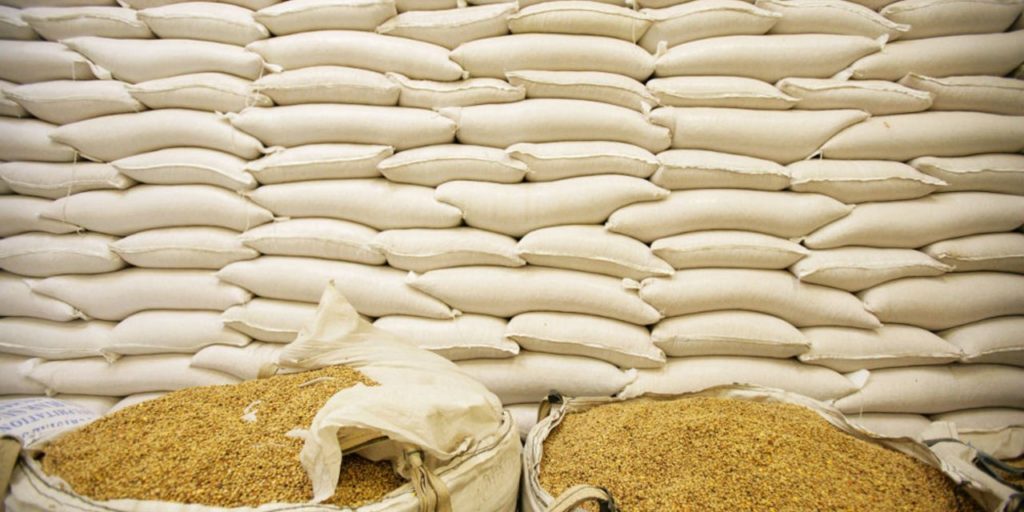Women build traditional grains seed bank
OVER 200 Chimanimani women farmers have built a traditional grains seed bank to complement Government’s efforts of ensuring food security at household level, while also dealing with the challenges of climate change.
The seed bank has seen quality traditional seeds for crops like okra, rapoko, black jack, millet, sorghum, cassava, beans, pumpkins, butternuts, maize and many others stored in huge quantities.
The seed bank also helps in the exchange of traditional seed diversity and the seeds stored can also be sold to other farmers.
In an interview, Talent Rungwe, a research technician from the Ministry of Lands, Agriculture, Fisheries, Water and Rural Resettlement said the seed bank conserved and promoted cultural heritage while helping farmers fight climate change.
“While we are doing this as a form of dealing with climate change, we are also at the same time conserving and promoting our heritage because this is the same grain seeds that were used by our ancestors long ago.
“These seeds are important because we are adapting to the climate. As a result of climate change, the newly bred seeds might not be so resistant to climate change and the diseases it brings forward.
“But our traditional seeds are adapted to these changing weather conditions and are resistant to whatever weather conditions,” she said.
A local development partner stationed in the area Tsuro Trust, said the seed bank ensures seed security for Chimanimani farmers thereby food security at district level.
Bertha Mashiri, the economic strengthening manager of Tsuro Trust, a development partner said the seed bank guarantees that farmers in the district get the seed in time unlike before where they had to travel to cities to buy seed.
“The seed bank makes sure that our farmers are seed secure and that the seeds are readily available for them. Under the Pfumvudza/Intwasa climate proof farming concept, it is encouraged to farm small grains and so we have been encouraging them to bank such seeds. The seed bank will store all traditional seed varieties which we are strongly
recommending our people to grow,” she said.
A farmer, Queen Majokwiro of Chanhuwa village under Chief Muusha said as female farmers they were taught to use agro-ecology when nursing their seeds.
She said agro-ecology guarantees that the seed would be healthy and would withstand harsh weather conditions.
“We use agro-ecology in growing these seeds so that they are not affected by climate change.
“They are very healthy and are not easily affected when we plant them. We no longer have to go to the shops to buy seeds because we now grow these seeds ourselves and store them in our seed bank. Whoever does not have seeds in the area accesses our seeds via the seed bank thereby ensuring food security at household and village level in our
areas,” she said.
Chimanimani district development coordinator, Mr Joseph Manyurapasi said the concept was in line with Government’s vision of ensuring food security at household level.
“As Government, we welcome this development. Pfumvudza/Intwasa concept was introduced to address food insecurities and this initiative is advancing that cause. I am glad that our female farmers are the ones on the forefronts of conserving and preserving our culture through farming in this initiative,” he said.-The Herald








